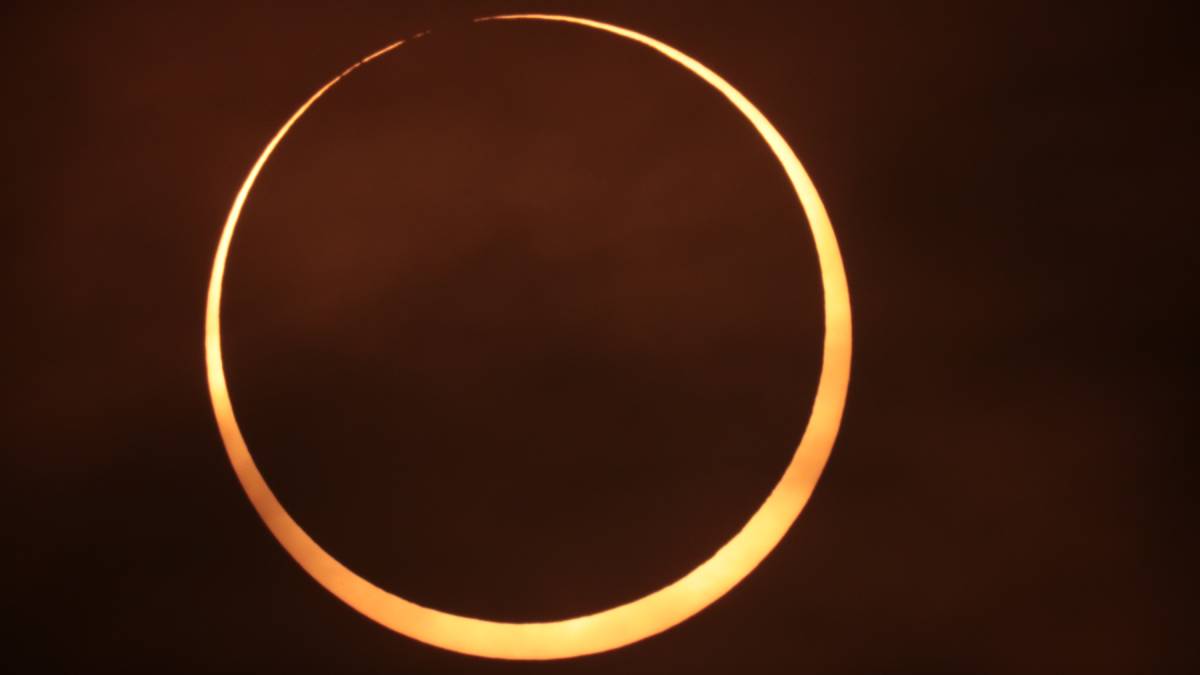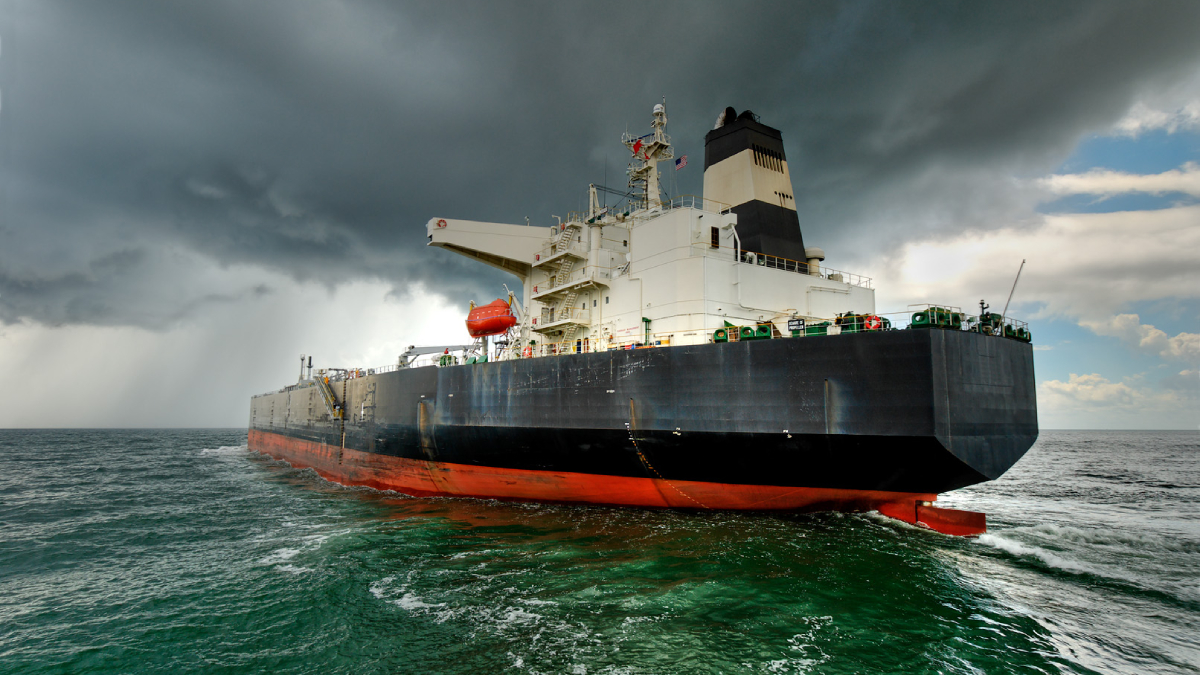Amateur radio operators who study space physics and the upper atmosphere probed the ionosphere’s response to the 2023 annular solar eclipse using shortwave transmissions.
hardware & infrastructure
Underground Heat Could Be a Problem, or a Perk, for Chicago Buildings
Heat released by old and inefficient Chicago buildings could, if harnessed, be an energy solution.
Precisely Synced Clocks Pave the Way for New Science
Researchers working on Hawaiian mountain tops precisely synchronized two clocks with unprecedented efficiency, demonstrating the potential to create networks of such clocks for geodesy and more.
Deluges of Data Are Changing Astronomical Science
Astronomers today are more likely than ever to access data from an archive rather than travel to a telescope—a shift that’s democratizing science.
Your Databases Need a Reboot
Scientists are reassessing dated data in the time of the Cloud.
Seaports Could Lose $67 Billion Yearly from Natural Disasters
Small islands and low-income nations face the largest relative monetary losses to their ports and maritime trade.
Grains of Sand: Too Much and Never Enough
Sand is a foundational element of our cities, our homes, our landscapes and seascapes. How we will interact with the material in the future, however, is less certain.
Making Underwater Cables SMART with Sensors
Future cables that stretch across the ocean, transmitting cat videos and financial transactions, could also contain temperature, pressure, and seismic sensors that would allow scientists to spy on the seafloor.
Are We Entering the Golden Age of Climate Modeling?
Thanks to the advent of exascale computing, local climate forecasts may soon be a reality. And they’re not just for scientists anymore.
U.S. Streams Are Drying Up
A new study reports that streamflow drought is getting more intense in some parts of the United States, a phenomenon that is stressing the nation’s water policy and infrastructure.










